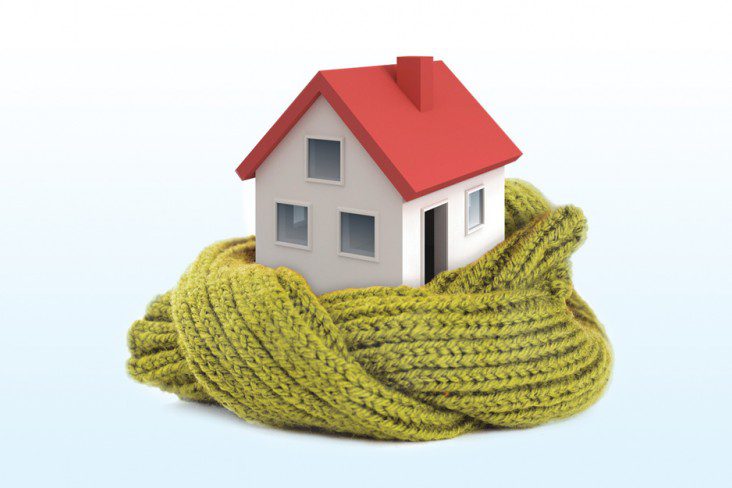Healthy Home Tips
Managing Indoor Pollutants in Your Home
Harmful toxins inside your home or business may be affecting your health and the health of your family or employees. Indoor pollution is a serious problem, and several studies have been conducted to determine exactly how indoor pollutants and allergens affect the health of the building occupants, and best practices to reduce indoor pollution and limit your exposure to these dangerous toxins.
INDOOR AIR POLLUTION
Indoor air pollution covers a vast number of allergens, toxins, and particles that may be present in our homes. According to the EPA’s Guide to Indoor Air Quality, the following are major indoor air pollutants in your home that may be affecting your health:
- Pollen
- Fungi
- Pet Dander
- Dust Mites
- Pesticides
- Asbestos
- Lead
- Environmental Tobacco Smoke
These pollutants have been found by numerous studies to contribute to asthma, allergies, respiratory illnesses, and in some cases can cause severe neurological effects and disease. Pesticides are poisons, and even low levels of exposure can cause symptoms.
How Do Indoor Pollutants Enter My Home?
Soft goods in your home – things like carpeting, upholstery furniture, draperies, bedding, and mattresses – all trap tiny particles, and are the most common places where dust mites, mold and fungi spores, pet dander, pollen, and chemicals are found. These things are found in the air inside our homes or are tracked into our homes on shoes or clothing from outside.
Where Are Indoor Pollutants Found In My Home?
Indoor pollutants are everywhere inside our home, but the largest concentrations are found in carpeting, upholstered furniture, draperies, mattresses, bedding, and other soft materials in the home. Hard surfaces like kitchen floors also can have high concentrations of indoor pollutants.
How Can I Manage Indoor Pollutants In My Home?
Regular dusting, vacuuming, and cleaning of hard surfaces in your home can help manage indoor pollutants in your home, but professional cleaning is necessary to remove trapped particles in your carpets, rugs, furniture, and draperies. Work with a professional cleaner who understands how these things affect your health, and who proactively works to remove harmful particles from your home.
request FREE CONSULTATION
FAQs
Most frequent questions and answers
Your carpet’s life can be extended just from a routine professional cleaning. Many carpet manufacturers require this when it comes to satisfying the integrity of their warranties. When cleanings are avoided, your susceptible to holding in even more dust, dirt, dander and allergens. Getting regular cleanings can restore the original look and luster of your carpet.
It depends on the household. If your home has children, pets, smokers, or just a large family in general, you will need a cleaning more often than the alternative. Usually, it’s about every six to twelve months.
We strongly recommend that you vacuum beforehand, though it’s not mandatory. If you don’t vacuum, please make sure all visible debris is removed. We will move most furniture if necessary and within reason. Therefore, bookcases, fish tanks, armoires, etc. will not be moved. Please remove all fragile items and décor, so we don’t accidentally damage any of your belongings.
If you have certain spots of concern, let us know so we can give them special treatment. Also, we’re animal-lovers, but if you don’t think your pet will love us, please put him or her in a separate area for safety purposes.
Our cleaning process will remove most, if not all, of the usual odors. Some other odors that are more stubborn, like from pets, can linger, which can be knocked out with a deodorizer.
1751 E Lincoln Ave, Madison Heights, MI 48071
Phone: 248.584.1819
Fax: 248.584.2319
Cleaning Services
Hours
- Monday-Friday: 8am-5pm
- Saturday: Closed
- Sunday: Closed




